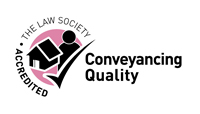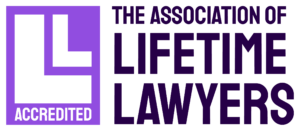If you live in a built-up area, it is easy to become desensitised to general background noise. Modern life provides a steady stream of traffic sounds, animated conversation, noise from electric tools, dogs barking and all manner of intrusions that become commonplace.
But what if the noise is unusually loud, lasts for longer than would normally be expected or happens late at night? In short, what do you do if someone is regularly making an unreasonable amount of noise and it is affecting your quality of life?
You can complain to the Council and ask that an Environmental Health Officer investigates your case. If, after taking all reasonably practicable steps, they are satisfied that what the law describes as a ‘nuisance’ exists, they will consider taking formal action to require that the nuisance ceases, usually by serving a noise abatement order.
If the Environmental Health Officer cannot obtain enough evidence to establish that a nuisance exists though, such as if they are unable to witness the nuisance themselves or they cannot establish that it is happening regularly enough), is that the end of the story?
Thankfully the answer is no. You can instruct our solicitors to pursue a private action under section 82 of the Environmental Protection Act 1990.
- Stage 1 we draft a letter to whoever is creating the nuisance outlining the basis of the complaint and asking that within a reasonable period of time they stop causing the nuisance
- Stage 2 if they fail to take action, we write to them again this time to give them at least 3 days notice that if they continue to ignore the request, we will apply to the Magistrates Court
- Stage 3 if this does not settle the matter we make a formal complaint to the Magistrates Court requesting that they issue a summons requiring the person causing the nuisance to attend Court in order to answer the complaint.
- Stage 4 at the Hearing, you will be given the opportunity to explain about the nuisance and how it has affected you, as will any witnesses. The person being accused will also be able to give their interpretation of events and both parties can cross examine each other. Once the evidence has been heard, the Magistrates will pass judgment and, if the case is successful, order that the nuisance be abated.
Throughout the process evidence is crucial. You should keep a detailed record of the time and date of any noise problems, keeping sound recordings if at all possible. It is important that your record also details how the nuisance has affected you.
If you are experiencing a problem with noise pollution and would like to discuss your options please get in contact with our Rob Synnott on 01736 362362 or rsynnott@cvc-solicitors.co.uk.



